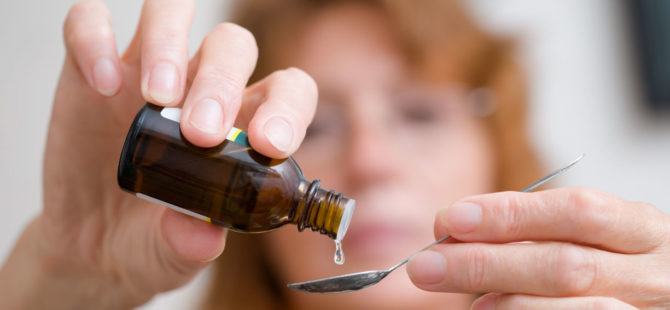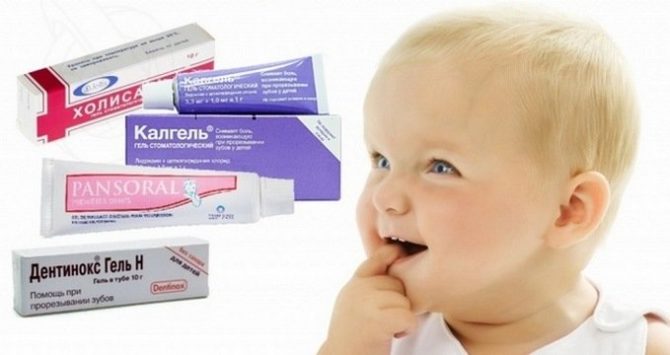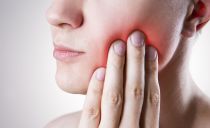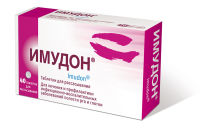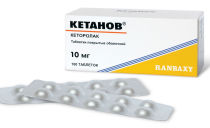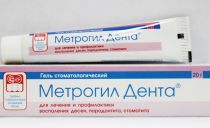Tooth drops for toothache: names, composition, how to apply, contraindications
Herbal lotions, cabbage compresses, ice-making - whatever methods the advocates of traditional medicine have come up with to provide first aid to people with bad teeth. Especially these drugs are popular among pregnant women trying to avoid unnecessary painkillers. But there are more effective and safer means to combat toothache. One of them is dental drops, which have a very simple instructions for use.
Content
Dental drops: composition and purpose
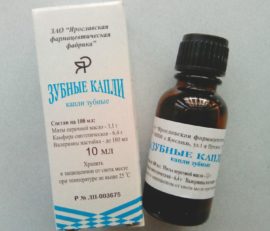 All oral liquid preparations are sold in clear and slightly tinted glass bottles. Drops for teeth are no exception. Most manufacturers produce solutions:
All oral liquid preparations are sold in clear and slightly tinted glass bottles. Drops for teeth are no exception. Most manufacturers produce solutions:
- with tincture of valerian;
- with camphor oil;
- with peppermint oil.
Many tooth drops contain plant extracts, ethyl alcohol and a small percentage of salicylic acid. Almost all of them have a mint flavor, which makes the use of products more pleasant.
Valerian as part of the drug is present for local anesthesia, camphor oil acts as a natural antiseptic, and peppermint helps to stop the inflammatory process.
The composition of different drugs differs depending on the destination. What effect does the drug have, pharmaceutical companies indicate in the instructions for use.
Medical indications for taking drops
The first and main indication for the use of drops for teeth is toothache. They can be used while waiting for a visit to dentistry. Before the start of the main treatment, the drug will relieve acute pain in the tooth, reduce inflammation of the mucous membrane of the gums.
Tooth drops are allowed to be used if:
- periodontitis;
- gingivitis;
- periodontitis;
- deep carious foci.
You can also use dental drops after surgery in the bone tissue, in the gums.
Contraindications
Extremely careful use of tooth drops is necessary for those who have open wounds, bleeding scratches, unhealed sutures in the oral cavity. A strong burning sensation and discoloration of the mucous membranes of the oral cavity are a signal to stop treatment: the compress should be removed and the affected area should be rinsed with clean water.
Do not use drugs:
- suffering from bronchial asthma;
- in the acute stage of epilepsy;
- allergy sufferers;
- children under 12.
It is forbidden to use dental drops in cases of intolerance to one or more of their constituent components noted earlier.
Important! Fleece with drops should not be applied to a diseased tooth if the patient has flux symptoms. The drug will provide local anesthesia, but will contribute to the development of inflammation. In this situation, it is better to give preference to analgesics for oral administration: Ketanov, Nurofen, Paracetamol.
How to take tooth drops for toothache
Each bottle of drops is accompanied by simple instructions for use. It explains how to take tooth drops for toothache. There are several ways:
- A cotton pad moistened with a solution is applied to the gum. The option is good when the tooth crown is intact.
- The turundo impregnated with the agent is laid in a carious cavity.
- Add 4-5 drops of the drug to the brush with the paste and brush the teeth with a mixture.
- Rinse your mouth with a solution - 10 drops per 100 ml of water.
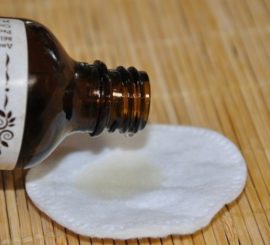 An aqueous solution can be used not only for dental problems. As an analgesic and antiseptic composition, it helps with ulcers, aphthous elements, stomatitis in the oral mucosa.
An aqueous solution can be used not only for dental problems. As an analgesic and antiseptic composition, it helps with ulcers, aphthous elements, stomatitis in the oral mucosa.
The active effect of the drug lasts 8-10 minutes, after which the application can be removed. The analgesic effect will last from 2 to 6 hours. If the tooth is very sore, during this time you need to find a way to visit the dentist.
Important! If you relieved toothache using applications with tooth drops, remember their name or take the instructions for use with your doctor. The fact is that some components of the drops can reduce the effectiveness of medicines used in dentistry. According to the instructions, the doctor will specify the composition of the product you are using and will be able to choose a drug that is compatible with it.
How to take tooth drops for toothache during pregnancy
Obstetricians and antenatal doctors allow the use of drops for toothache in the second or third trimesters of pregnancy. In the first trimester, using drugs with alcohol is contraindicated. Having decided to use tooth drops, a pregnant woman should monitor her own feelings. Treatment should be discontinued with the following symptoms:
- unreasonable decrease in pressure;
- overexcitation, insomnia;
- a depressed state that is not characteristic of the expectant mother in ordinary life;
- dyspnea;
- dizziness.
It is impossible to take any drugs to get rid of these symptoms - you need to cancel the tooth drops.
Use during breastfeeding
As well as during pregnancy, drops should be used during lactation extremely carefully. It is important to remember that this is an auxiliary drug - it does not eliminate the cause of the disease, but only makes the period of waiting for dental care less unpleasant.
Newborns can respond to the plant components of tooth drops with diathesis, allergies, intestinal disorders. Therefore, having decided in favor of their use, the mother should monitor the condition of the child.
Use for the treatment of toothache in children
Among the funds chosen to eliminate pain in the tooth in a child, there should be no drugs containing alcohol. For the treatment of children, sprays, gels, thick ointments, creams are used. It is in these forms of release that the drugs can be used to facilitate teething in young children. Make a decision in favor of a particular drug only after consultation with a pediatric dentist.
Special drops for toothache for children are a rarity. Not every child can hold a tampon, cotton pad or a cloth moistened with a solution in his mouth, so manufacturers produce drugs in more convenient forms.
Drops for adults can be used to anesthetize teeth:
- in children older than 3 years (in the form of an aqueous solution - 1: 1);
- in adolescents over 12 years old.
They anesthetize well, but will not cure tooth decay, therefore it is better not to postpone the trip to the doctor.
Popular drops for toothache - names
It is necessary to make a choice in favor of certain tooth drops, waiting for an appointment with a dentist. Therefore, it is better to know the names of the most popular products in advance. Most patients prefer these drugs:
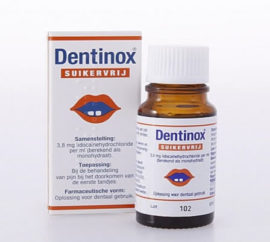 Dentinox. It includes chamomile and a strong anesthetic lidocaine. The drug quickly relieves pain, relieves inflammation in the gums. It is used for teething in molars in adolescents and third molars in adults.
Dentinox. It includes chamomile and a strong anesthetic lidocaine. The drug quickly relieves pain, relieves inflammation in the gums. It is used for teething in molars in adolescents and third molars in adults.- Dantinorm, consisting solely of herbal ingredients. It is approved for use during pregnancy, has no age limits.
- Dent. These drops for teeth have a pronounced analgesic effect, but contain ethyl alcohol, so they are not allowed to take children and pregnant women.
- Phytodent.Despite the large number of plant extracts, the drug is contraindicated in patients under 12 years of age, lactating women, people struggling with alcoholism. The reason is the same - a large percentage of alcohol.
Before deciding in favor of any of these drugs, it is necessary to clarify their composition. It’s worth buying the product only if there are no prohibited components in it.
Despite contraindications, tooth drops can be a real salvation in many situations. The predominance of plant components makes them accessible to people with chronic diseases, children and pregnant women. Without harming the body, they allow you to cope with pain, survive the unpleasant period of waiting for dental care.

